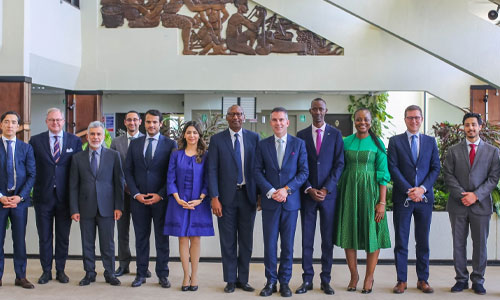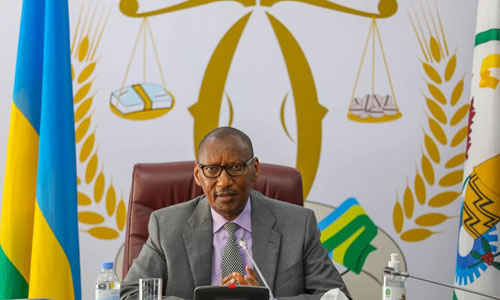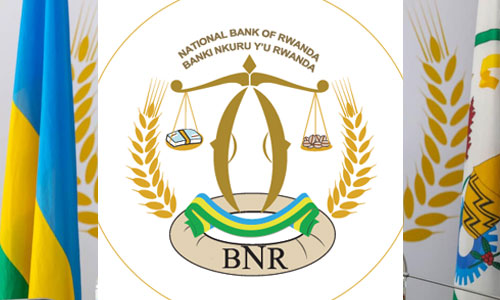By embedding professional development into the very fabric of financial sector reform, Rwanda is now well-positioned to emerge as a center of banking excellence in the region—offering not just competitive financial services, but a replicable model of post-conflict institutional innovation.
— Rwanda —
resilience. transformation. leadership.








Forging Financial Excellence: GG International’s Role in Shaping Rwanda’s Financial Sector through Skills Development and Institutional Reform
“Sustainable growth in the financial sector begins not with capital, but with competence.”
— Shaan Stevens, Legal and Commercial Expert, GG International
Challenge
Following the devastating 1994 genocide, Rwanda emerged with a vision of national reconciliation, unity, and inclusive growth. Despite commendable progress in macroeconomic stability and governance, its financial sector remained underdeveloped and institutionally fragmented, with a workforce lacking the qualifications to meet international banking standards. Financial institutions, both bank and non-bank, suffered from significant skills deficits, constraining innovation, customer trust, and cross-border competitiveness.
The National Bank of Rwanda (NBR), supported by the World Bank, recognized that meaningful reform would require more than regulatory compliance—it demanded a robust, coordinated national strategy for skills development. The idea of establishing a dedicated Institute of Bankers for Rwanda was born—not only as a response to immediate workforce deficiencies but as a long-term vision to position Rwanda as a regional hub of banking excellence in East and Central Africa.
Strategy
GG International was appointed by the National Bank of Rwanda (NBR) to lead this critical transformation. Under the leadership of a multidisciplinary team including Team Leader Russell Leith, Legal and Commercial Expert Shaan Stevens, HR Expert Francis Mugisha, and Consultation Expert David Butcher, the project was grounded in an evidence-based and consultative approach.
Key components of the strategy included:
- Comprehensive Skills Audit: Analyzed existing human capital across commercial banks, MFIs, SACCOs, and insurance firms to identify gaps against international benchmarks and national growth objectives.
- Tailored Capacity Building Framework: Developed a Skills Development Strategy that accounted for Rwanda’s regulatory, economic, and institutional realities. It aligned training pathways with the Multi-Sector Capacity Building Programme, ensuring sustainability and policy coherence.
- Establishment of the Rwanda Institute of Bankers:
- Drafted the Institute’s constitution and legal framework.
- Designed governance and budget structures.
- Created models of collaboration with institutions like the School of Finance and Banking, including accreditation criteria and draft MoUs to formalize partnerships with training providers.
This strategy represented a first-of-its-kind initiative to institutionalize banking professionalism in Rwanda, setting a national standard for banking qualifications, continuing education, and ethical practice.
Transformation
The groundwork laid by GG International enabled the NBR to initiate the establishment of the Institute of Bankers for Rwanda, a milestone in Rwanda’s transformation into a knowledge-driven financial system. The strategy not only closed immediate skills gaps but catalyzed a cultural shift within the industry—elevating standards, creating clear career pathways, and fostering trust between consumers and financial institutions.